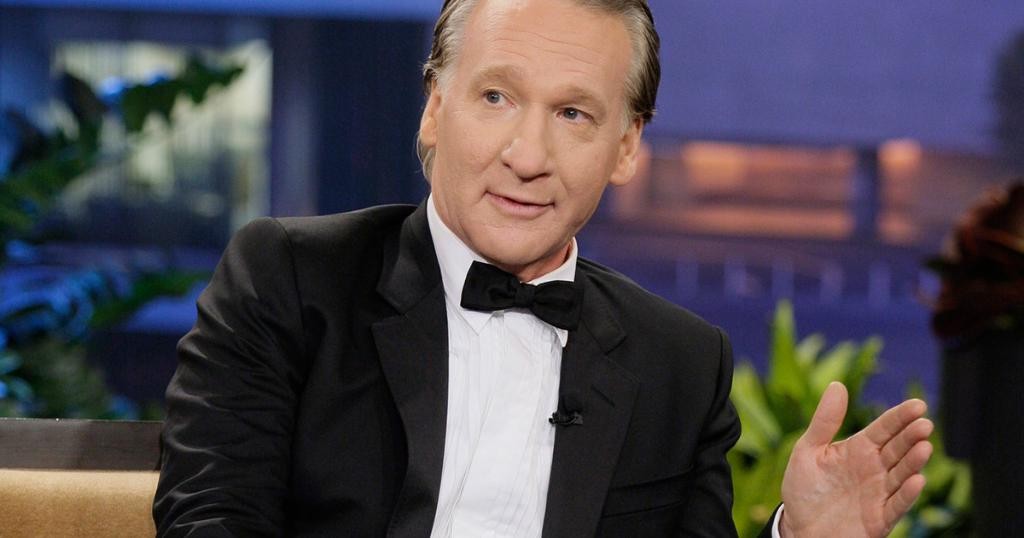The attacks in Paris against the offices of the French satirical newspaper Charlie Hebdo and a Jewish supermarket, which left 17 people dead, opened 2015 on a grim note.
Amid the messages of support and sympathy the French people have been receiving from all over the world, dangerous voices have sought to encourage people to look at the attack from a collectivist perspective. Instead of focusing on the culprits, they prefer to blame entire societal groups for what happened. Such reductive tactics have already turned people against each other, and redirected the focus of the debate back to the mainstream media’s favorite subject: religion.

Violence without Context
For pay-per-column talking heads, religion lends legitimacy and explanatory power to murder, leaving nothing to the realm of individual choice. If two terrorists decide to commit murder and claim the act was carried out in the name of their god, few are willing to be rational enough to point the finger at the killers alone.
After all, the line goes, it was their faith that made them crazy. This lazy generalization is the narrative of choice used by people across the political spectrum, who use it to demonize an entire group of individuals who share only passing similarities.
By scapegoating religion, establishment voices avoid talking about the real problems that create the perfect environment for disturbed individuals to take up arms against innocent people. With little time for real debate, the political and personal dimensions of terrorist atrocities are forgotten. The fact that people’s actions are largely dictated by their circumstances, which are in turn often influenced by state policy, is ignored — leaving the blame squarely at religion’s door.
What many ignore is that individuals are not one-dimensional; nor are their justifications for their actions. Using the old excuse that religion has clouded their understanding of the world is the easy way out: it ignores the role of the state in the lives of the smallest, most oppressed minority on earth: the individual.
The War to End All Wars
The terrorism phenomenon is nothing short of terrifying, especially because its victims are usually innocent. But the culture surrounding the terrorism debate has done nothing but incentivize power-hungry governments to perpetuate the conflict, by pointedly ignoring the history that shaped it.
In “Why the Arab World Fights,” veteran US journalist William Pfaff explores how Arab antipathy towards the West is shaped by long-frustrated dreams of genuine independence. The catch-all theory might not be true every time, but it reflects the important historical dimension to current struggles.
Arab civilization has been locked in a deep struggle since World War I. Ever since the Great Powers broke their promises of Arab unity and freedom — deciding instead to exploit and exacerbate locals’ differences for their own geopolitical ends prior to and after the fall of the Ottoman Empire — the Middle East and North Africa have been divided.
The fault-lines laid down in 1918 have sowed the seed for endemic political failure and successive episodes of heavy-handed foreign intervention. The entire region, in a broad sweep from the Sahel to Syria and beyond, is plagued by intermittent instability and conflict. States are dominated by repressive security forces, the only thing capable of keeping them together.
And when these regimes clash with intervening powers in all-out conflict, the lesson transmitted to local communities and individuals is clear: real change and freedom from all-powerful governments are impossible. The only path of resistance is to assume military power yourself, in a tooth-and-nail fight for control — hence what we’re witnessing in the rise of the perverted theocratic version of modern governance, the Islamic State.
And in the course of these desperate struggles, terrible acts are carried out, only nominally in the name of religion, which gives a superficial ideological justification to a deep-seated political and material frustration.
Careless Talk Costs Lives
The Western media tend to focus on the religion of the attackers, but seldom dissect their background to see what brings these individuals — unlike the overwhelming majority of their nominal co-religionists — to see the killing of innocent people as something praiseworthy. To blame religion may be the easiest way to go about discussing terrorism, but it’s also the most misleading.
Abstract concepts should never be deployed until we fully understand the political and material motivations for events. Perpetuating the stale idea that religion is to blame only leads to a misdiagnosis. And misdiagnosis only leads to the wrong solution, serving to worsen the sickness: for example, further monitoring and marginalization of Arab communities in France and beyond will only serve to radicalize new recruits.
Above all, thoughtless foreign policy and heedless interventions only boost those groups who promise their disaffected followers a chance, for once in their lives, at something approaching power. It’s time to recognize that the tools of state-building and intervention we’ve deployed indiscriminately for so long were never up to the task.
Instead, rather than blaming religion, we need to begin an altogether more difficult discussion about what it means to be really free in our society and around the world. We also need to consider what structures and policies, supported by us in the West, contribute to making so many within and without our borders feel so powerless that they turn to mass murder to achieve some twisted sense of self-worth.
Edited by Laurie Blair and Fergus Hodgson.
 Versión Español
Versión Español












